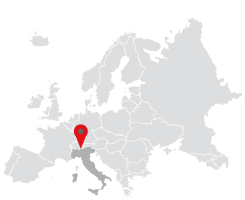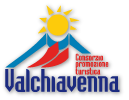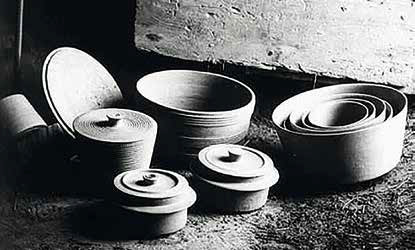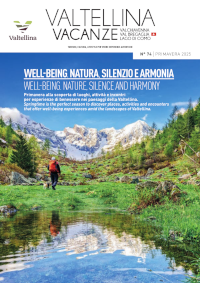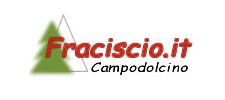Chiavenna
Infopoint Chiavenna
23022 - Chiavenna (SO) Piazza Caduti della libertà, 3T 0343 37485
Monday to Friday: 9:00-12:40 e 14:00-18:00
Saturday: 9:00-12:40 e 14-18:50
Sunday: 10:00-12:00 and 14:30-18:00
consorzioturistico@valchiavenna.com
www.valchiavenna.com
Madesimo
Infopoint Madesimo
23022 - Madesimo (SO) Via alle ScuoleT 0343 53015
Daily open:
info@madesimo.eu
www.madesimo.eu
Campodolcino
Infopoint Campodolcino
23022 - Campodolcino (SO) Via D.R. Ballerini, 2T 0343 50611
Monday, wednesday and sunday: 9-12.30 am
Friday: 3.00-6.00 pm
Saturday: 9-12.30 am, 3.00-6.00 pm
Tuesday and thursday: closed
campodolcino@valtellina.it
www.campodolcino.eu
